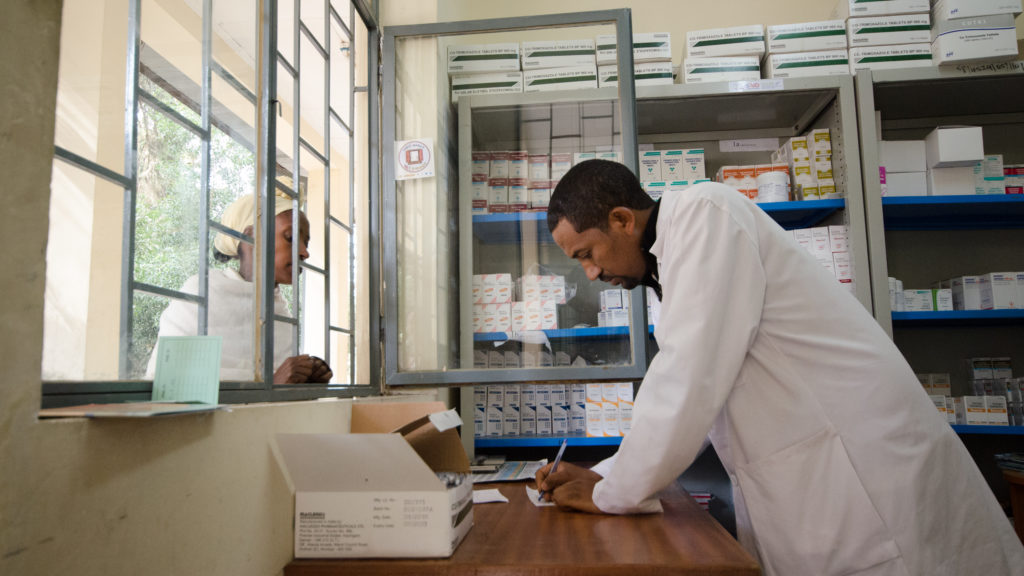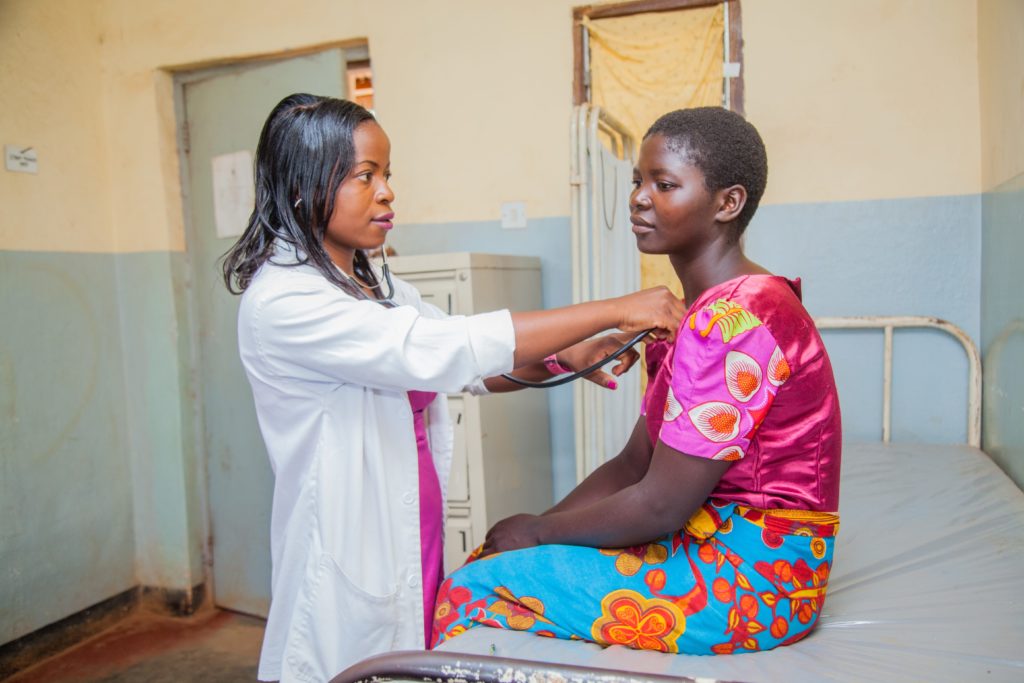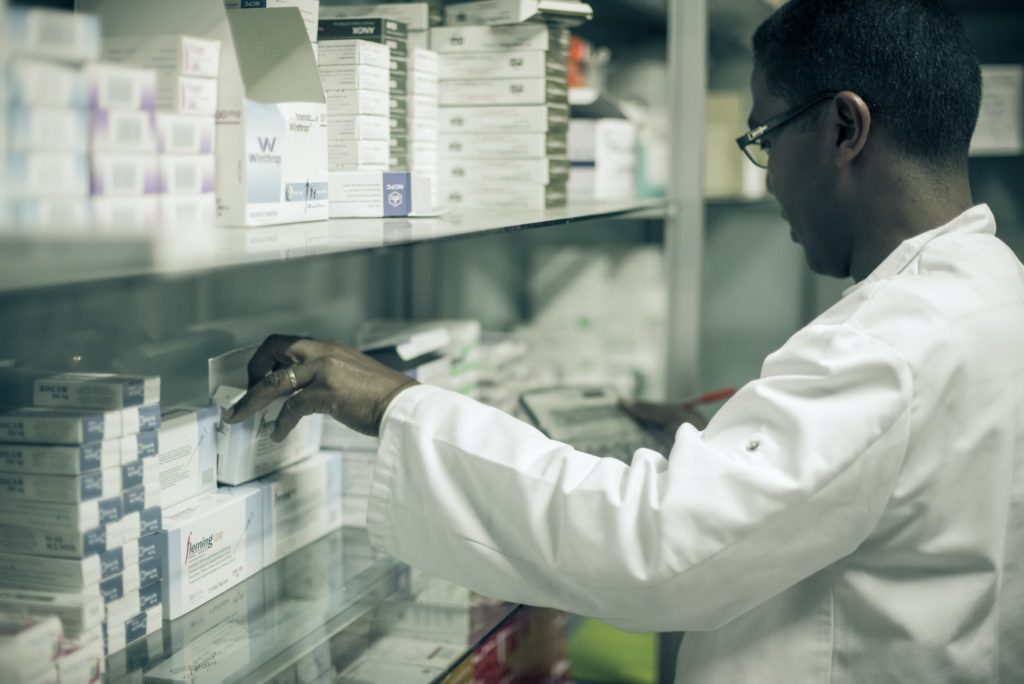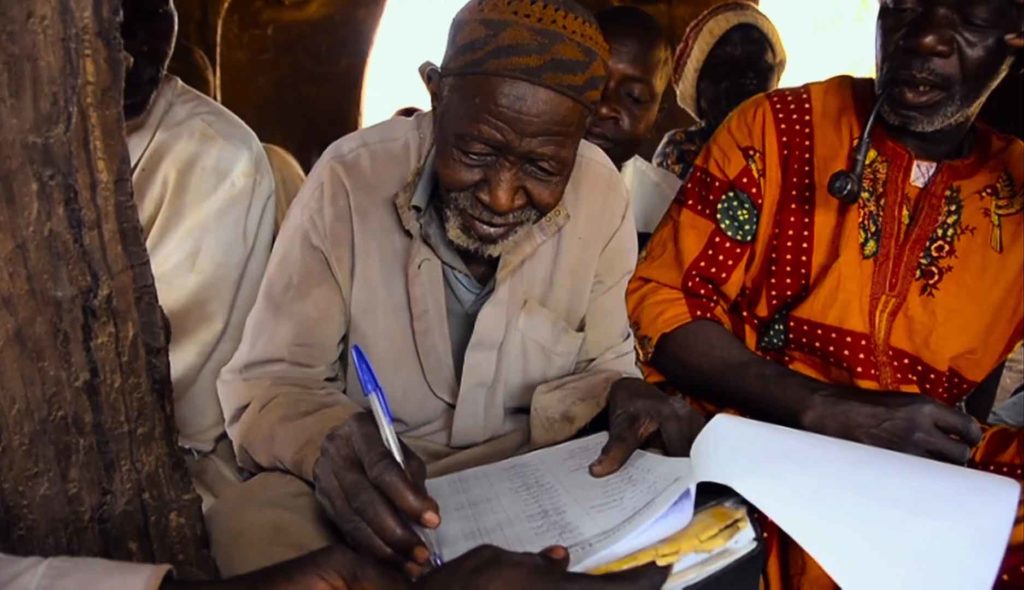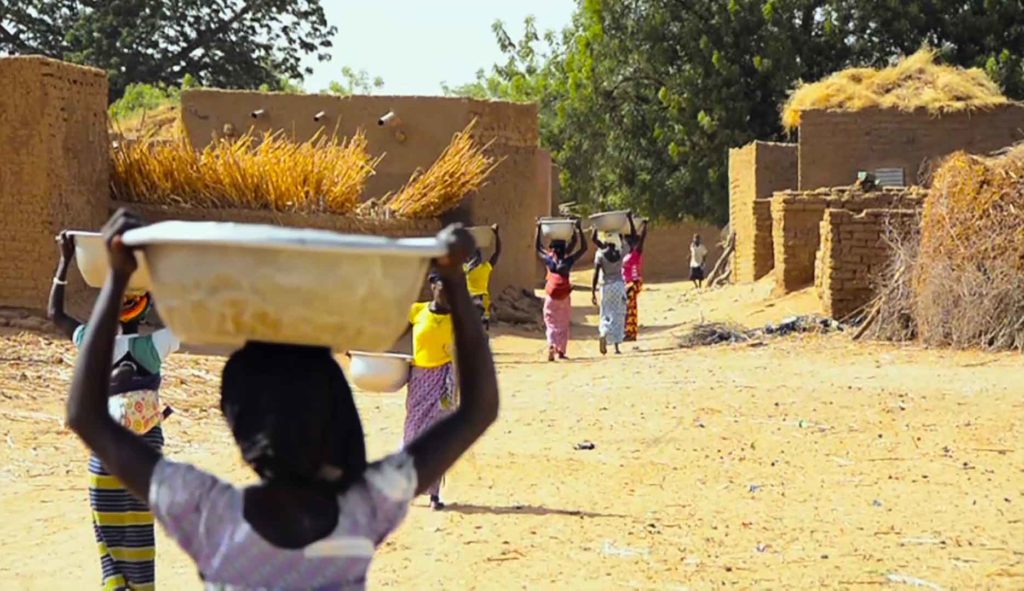Mali
Mali
In Mali, we mobilize local governments, civil society, and communities to prevent and respond to gender-based violence, promote healthy behaviors, enhance governance and transparency in the pharmaceutical sector, strengthen the supply chain system for pharmaceutical commodities, and improve access to health commodity data for better decision making at the national and regional levels.

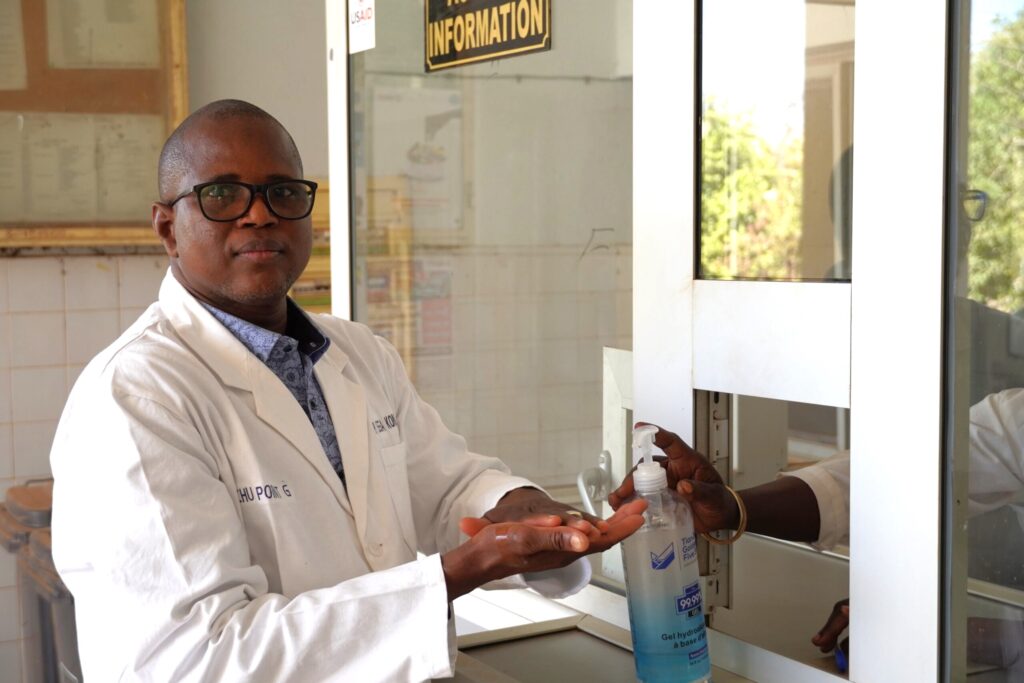
Preventing the Spread of Infections in Health Facilities across Mali
The USAID MTaPS program in Mali helped establish an e-learning platform for health workers on how to effectively prevent the spread of infections, providing them with reliable information aligned with national guidelines and international best practices. Learn about how these online courses help keep health facilities clean and workers and patients safe.
Overview
Our programs in Mali have focused on mobilizing leaders and communities to address widespread sexual and gender-based violence, including female genital mutilation and forced or early marriage. In partnership with the Malian nongovernmental organization Conseils et Appui pour l’Education à la Base, we led the Debbo Alafia Consortium of multisectoral, national, and international implementing partners to carry out social and behavior change activities and advocated for sexual and reproductive health and rights.
To address frequent stock-outs of lifesaving medicines and poor visibility in the pharmaceutical supply chain, we worked with the Ministry of Health to design and roll out an early warning system to report real-time information on essential maternal and child health, family planning, malaria, HIV, and nutrition commodities. This system improved medicines forecasting and planning, prevented stock-outs, and ensured that commodities are used before they expire. Our technical assistance helped to slow down the emergence of antimicrobial resistance by strengthening practices for infection prevention and control and antimicrobial stewardship.
Seasonal Malaria Chemoprevention in the Sahel Subregion of Africa: A Cost-Effectiveness and Cost-Savings Analysis
Young People in Mali Use Theater and Workplace Gatherings to Learn about Sexual and Reproductive Health
Job Opportunities in Mali
Join us as we help solve the world’s public health challenges through innovation, dedication, and technical excellence. We are looking for talented, passionate people to join us—as employees, consultants, and interns—in advancing our mission to save lives and improve the health of the world’s poorest and most vulnerable people.

